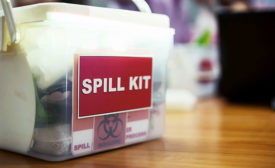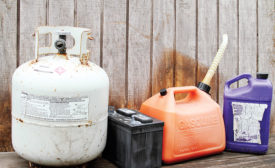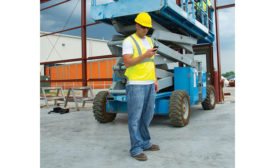ARTICLES
Training
The good, the bad and the ugly of workplace programs
To incentivize or not?
June 5, 2020
7 common recordkeeping mistakes — and how to fix them
Recordkeeping isn’t always simple
December 14, 2018
Survey your waste streams for correct disposal methods
Why can’t I just throw it away?
August 28, 2018
Become a Leader in Safety Culture
Build your knowledge with ISHN, covering key safety, health and industrial hygiene news, products, and trends.
JOIN TODAYCopyright ©2025. All Rights Reserved BNP Media.
Design, CMS, Hosting & Web Development :: ePublishing






